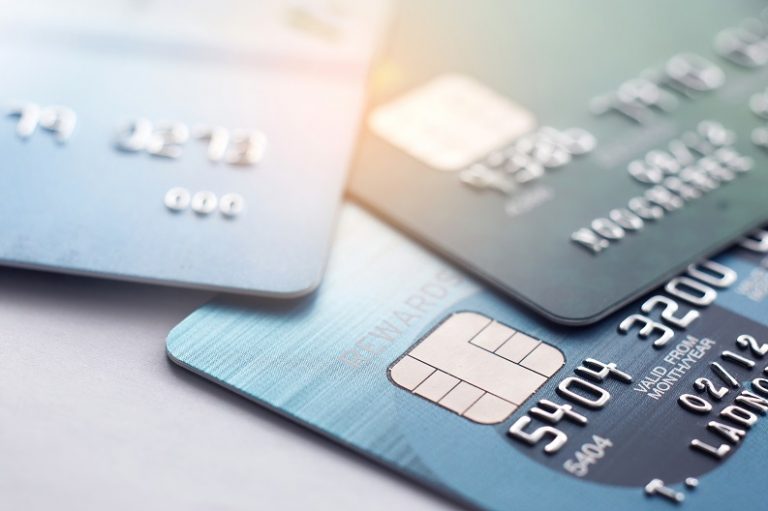Credit cards are an essential financial tool that everyone should have in their wallet. When used correctly, credit cards can be used to build up your credit score and help you deal with financial emergencies. Using credit cards the wrong way will cause you to rack up lots of interest charges and other expensive fees. These are the five most common fees charged by credit cards.
Table of Contents
Annual Membership Fee
There are a lot of credit cards that charge you an annual fee for the right to use their service. The annual fee is added to your balance on the same day every year. If you have very bad credit, then you will likely have to pay this fee in order to get a credit card. Annual fees are also regularly included on cards that provide exclusive rewards. According to the experts at SoFi, you can get their credit card with no annual fee without having to sacrifice the rewards.
Late Payment Fee
If you are carrying a balance on your credit card, then you will have to make a minimum payment every month. This payment is based on the balance and interest rate on your card. Failing to make a payment before the due date will result in a late payment fee. It is common for this fee to be roughly around $30. The late payment fee is instantly added to the balance on your card. You will still be responsible for making your monthly payment.

Foreign Transaction Fee
You will never be charged to make a purchase when using a credit card inside the United States. The same cannot be said about other purchases. Using your credit card outside of the country may result in you being charged a foreign transaction fee. This fee is usually around three percent of the entire purchase. This fee is charged because it is more difficult for credit card company to work with foreign banks and retailers. Be careful because you can still incur this charge when shopping on non-US websites.
Returned Payment Fee
You will have to pay your credit card payment every month via an electronic transfer from a bank account. The credit card company wants to ensure their money is coming from a reputable source. If you do not have sufficient funds when making the credit card payment, then the money must be returned to your bank account. Your credit card will add a returned payment fee to your balance for this inconvenience. Every company charges a different rate for this fee, but it typically starts at $20.
Cash Advance Fee
Credit cards are primarily designed to be used on retail payments, but you can also get cash during a tough time. This is done by withdrawing money at a bank or ATM. Since you do not actually own this money, the credit card company charges a cash advance fee. This can be a flat rate fee or a percentage of the cash advance. This part of your balance will also accrue higher interest charges than your credit balance.

/credit-cards-Adam-Gault-OJO-ImagesGetty-Images-56a906ee3df78cf772a2f137.jpg)